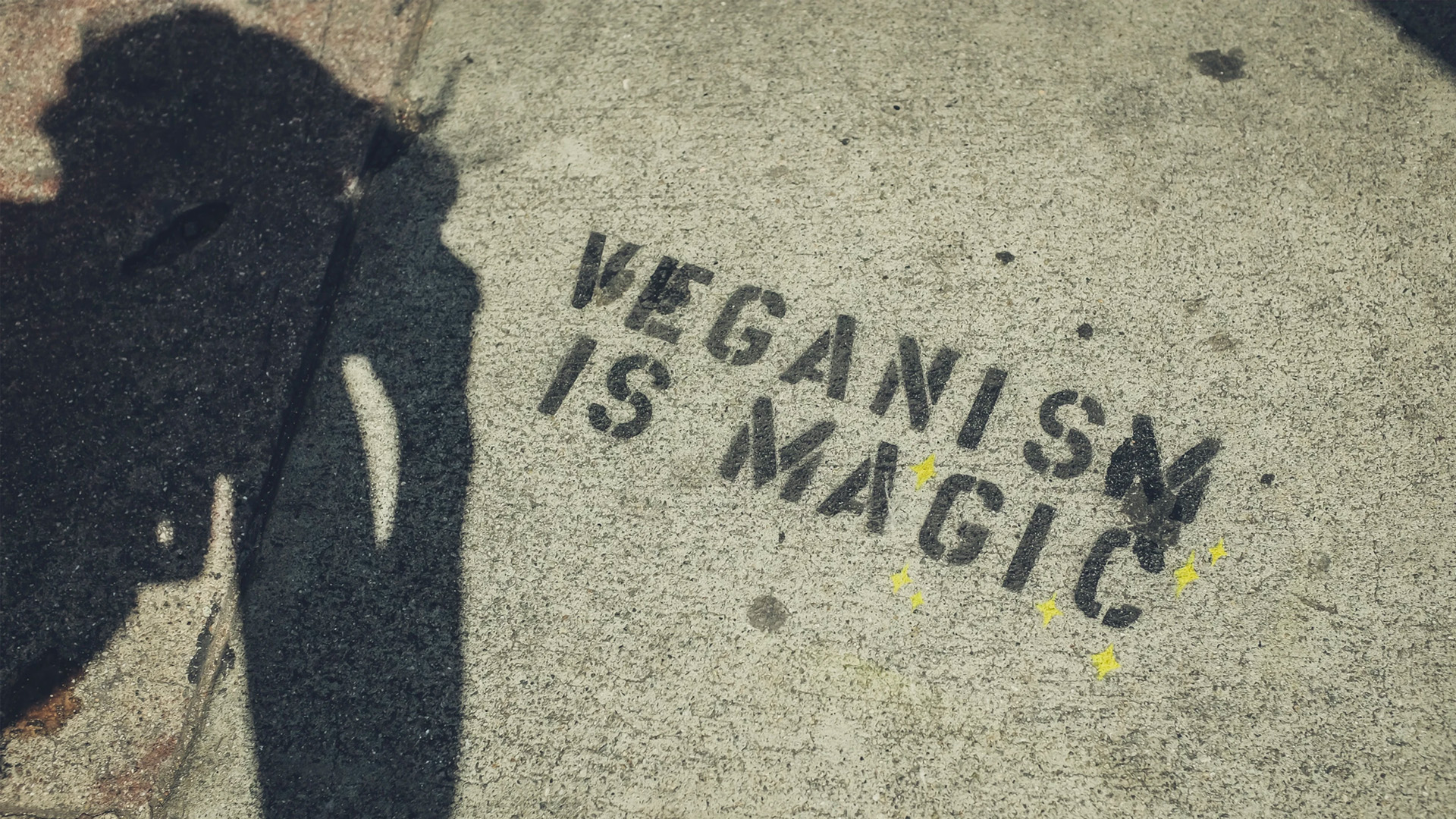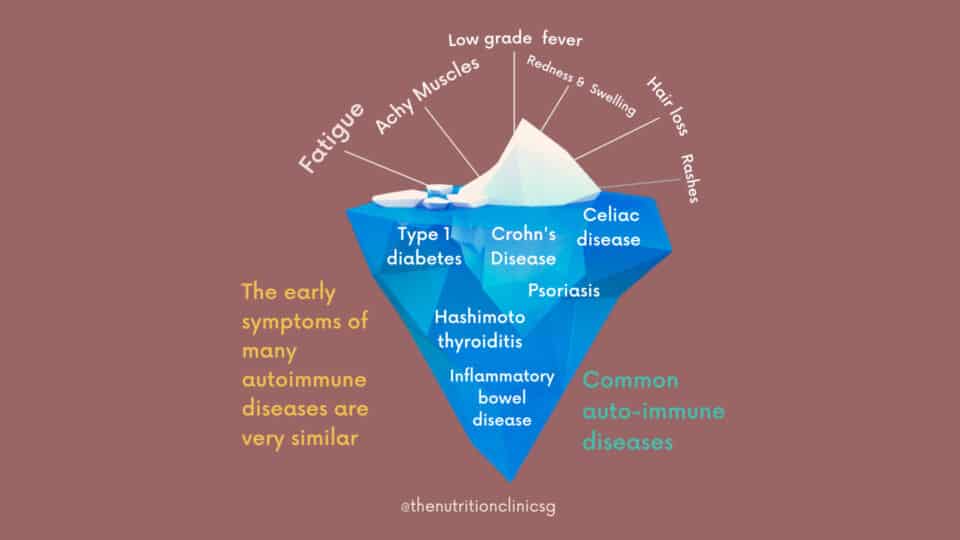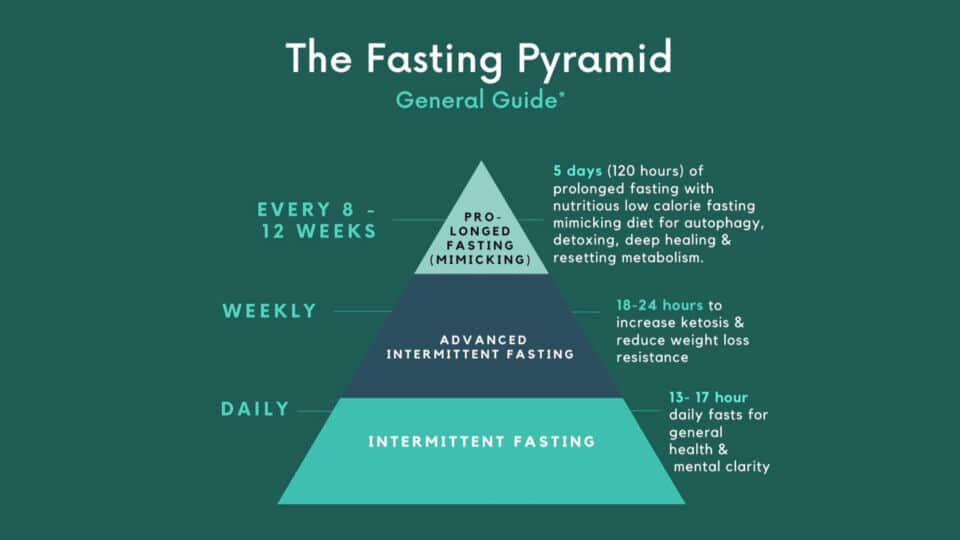Should you be game? And why we are not.

Game changers, a Netflix documentary about plant-based eating, protein and performance, has been creating waves with our clients, families and friends. We have had many calls and messages over the last few weeks asking us, ‘Where does TNC stand on this? Should I become vegan?”
The documentary has certainly touched on a few raw nerves, one of which is: “I am so confused. Tell me, what should I eat?”
First things first, you should never make a huge decision on food elimination based purely on a Netflix show. Untangling the question of what to eat is not as simple as cutting out all animal products. It is also not as simple as eating lots of it, going gluten-free, eating only raw food or living on green juices. This reductionist point of view doesn’t work. We have to get beyond the search for a magic bullet. We need to look at so much more: Genetics, sleep and stress patterns, digestion, immune system as well as medical history all need to be understood. We need to dig deep into what foods may cause inflammation, how do you respond to sugar, how well your thyroid functions to balance your metabolism, how well you digest food and absorb nutrients and what deficiencies you may have. It all matters. It is individual.
That is the core of what we do at The Nutrition Clinic — we are not attached to any one nutritional ideology, our decisions are guided by a combination of nutritional science with personal data. That is the way we get that full picture to answer the all-important question: “What should I eat?”
Before we get into our view on Game Changers, we have to say that being seeped deep in the field of nutrition for more than a decade, we have seen many nutrition fads come and go. When we started the practice, drinking only green juice for several days was believed to solve all. Since then we have seen raw food, low fat, vegan, paleo and most recently keto diets become fashionable only to be replaced by the next trend. Where have we been on these over the last 10 years? Right where we remain now. We have never let trends and fads sway the core of what we do. Our position remains the same as it did 15 years ago when we started: Nutrition needs to match your biochemistry- what works for one, doesn’t always work for others.
Here are some questions we ask:
Who is behind the research/documentary?
The films executive producers include James Cameron – the celebrated filmmaker known for movies like The Titanic and Avatar. What most people don’t know about him is that he – along with his wife – are founders of Verdiant Foods, an organic pea protein company with ambitions to dominate this space. Pea protein is one of the most common ingredients in plant based food products like meat replacements and protein powders.
The film also interviews several processionals in the health business who are selling a vegan lifestyle. The truth is that the food and nutrition world is very divided — and when you add big business into the mix – these divisions go beyond ideas and beliefs, in many cases, they become about business and money. It would have been powerful if the documentary actually presented different opinions and ideas and then reached a conclusion. The conclusion came at the start of the documentary.
Is the data showing a slice of the study or representing the whole study?
The core research shown in the documentary, is based on an article submitted by a contributing writer to ‘Archaeology’, an Archaeological Institute of America publication. The vegan theory in the documentary was based on this study which reported that Roman gladiators were primarily vegetarians.
This theory was then supported throughout the documentary by a variety of professional athletes and of course, The Terminator — Arnold Schwarzenegger. Contemporary body-monitoring and blood testing protocols were used on a small group of participants to prove that plant-based food did wonders for your body, while animal-based food hindered your performance. The study was simply too small and not detailed or controlled enough to be conclusive.
A lot of the studies shown throughout the documentary are cherry picked to support a vegan lifestyle and important parts of the study are left out. For example one study shown during Game Changers states:
“As a result, switching to a plant based diet can help reduce measures of inflammation by 29% in just 3 weeks..
When we dive into this study the participants were obese (an inflammatory state) and although eating a vegan diet- they were no longer eating junk food as well as doing lifestyle interactions like movement and mediation in a healing resort for 3 weeks. It was not as simple as just leaving meat of their plates, it was an intervention that removed junk food, controlled portions and had a lifestyle element (better sleep, exercise, stress of daily life removed). Reducing inflammation is not as simple as just leaving meat off your plate.
Moreover, when looking at diet change, we have to ask what these athletes ate before they switched to a vegan diet. Sure, we know they ate meat — but what quality of meat? What was their overall diet like?
There is some insight – one heavy-weight boxer in the documentary explains how he grew up on popeyes, KFC, and fried chicken. He admits that he didn’t even know about half of the vegetables out there until he gave up meat in 2012. So, it makes sense that when you switch from a diet filled with fast-food and junk with all its additives to a diet with any level of awareness, it would make you feel better — regardless of whether you are choosing vegan, vegetarian, paleo or keto. Any switch away from processed or fast food will help lower inflammation, build strength and be beneficial for cardiovascular health.
Once again, we worry about this reductionist point of view – by skewing in a single direction, are we missing the bigger picture that will allow us to truly nourish our body?
Is the documentary relying heavily on sweeping statements?
Game changers does have a lot of messages and visuals peppered throughout the documentary that remain on the surface and don’t show the complete nutritional picture.
Here are some ideas that stood out:
“one cup of cooked lentils or a peanut butter sandwich has about as much protein as three ounces of beef or 3 large eggs.”
The protein quality is different between plant and animal sources. There is no discussion of the bio-availability of the plant protein or the extra carbohydrate load that comes from the beans or lentils. We would love to know how these athletes are achieving their protein goals and how heavily they are supplementing? We assume they are relying on highly processed protein powders to meet their protein needs. Are these athletes still thriving a few years on following such a restrictive diet?
It is important to note that we are not against vegetarian or vegan diets. We don’t attach ourselves to labels. Our goal is to find the right mix of nutrients for each of our clients. Many clients come to us to help them prepare for a diet that has reduced levels of animal protein.
These are are some of the questions we ask:
How are your blood sugar levels? Do you have cravings and energy fluctuations?
The majority of our clients start off with a diet that is overly reliant on refined carbohydrates. When you switch to a purely plant based/vegan diet, you have to design it well – or else you will be eating more carbs than you need. In order for Game Changers to make sense, you need to compare like for like. Unless you’re exercising 5+ hours a day you may not be able to handle the additional carbohydrate load. You need to start by understanding the levels of carbohydrates you can tolerate and the levels of protein and fat you need to maintain optimal blood sugar levels.
How is your digestion? Do you suffer from bloating?
If you don’t digest well, no quick fix diet will work. That needs to be addressed first — and a carefully designed protocol to strengthen the body’s ability to break down and absorb food needs to first be addressed. Your digestive system needs to be functioning well before you can load it with beans!
Are you willing to do the work to eat well?
Veganism is exciting, no doubts there. Many celebrities are endorsing the fad. But to design your plate right, you need to work at it. Plant based means eating plants – the foundation of any healthy diet. We see many people on a processed food vegan diet – and that doesn’t cut it for us. Let’s face it – just because it’s vegan doesn’t make that ice cream or burger any less processed. We coach clients on food preparation and decisions. It takes work and some planning.
Are you willing to do some tests?
Before embarking on a change in diet you need to know if you have food sensitivities, nutritional deficiencies, blocks in the body’s ability to produce energy and detoxify as well as a balanced hormonal system. Some foundation work is needed to take stock of your health before you make such a shift.
Are you willing to supplement?
Most people who follow a strict plant based diet rely on supplements to meet their basic nutrient needs – Vitamin D, iron, Vitamin B12, digestive enzymes and protein powders are common supplements that are needed in the long-term.
These questions and the results we get from testing form the starting point of your next steps to optimise your diet.
In closing, Game Changers should not be everybody’s game. If you want to be in it, make sure you know the rules.
If you want to discover what diet works best for you and delivers results- schedule a free call or make an appointment here.

